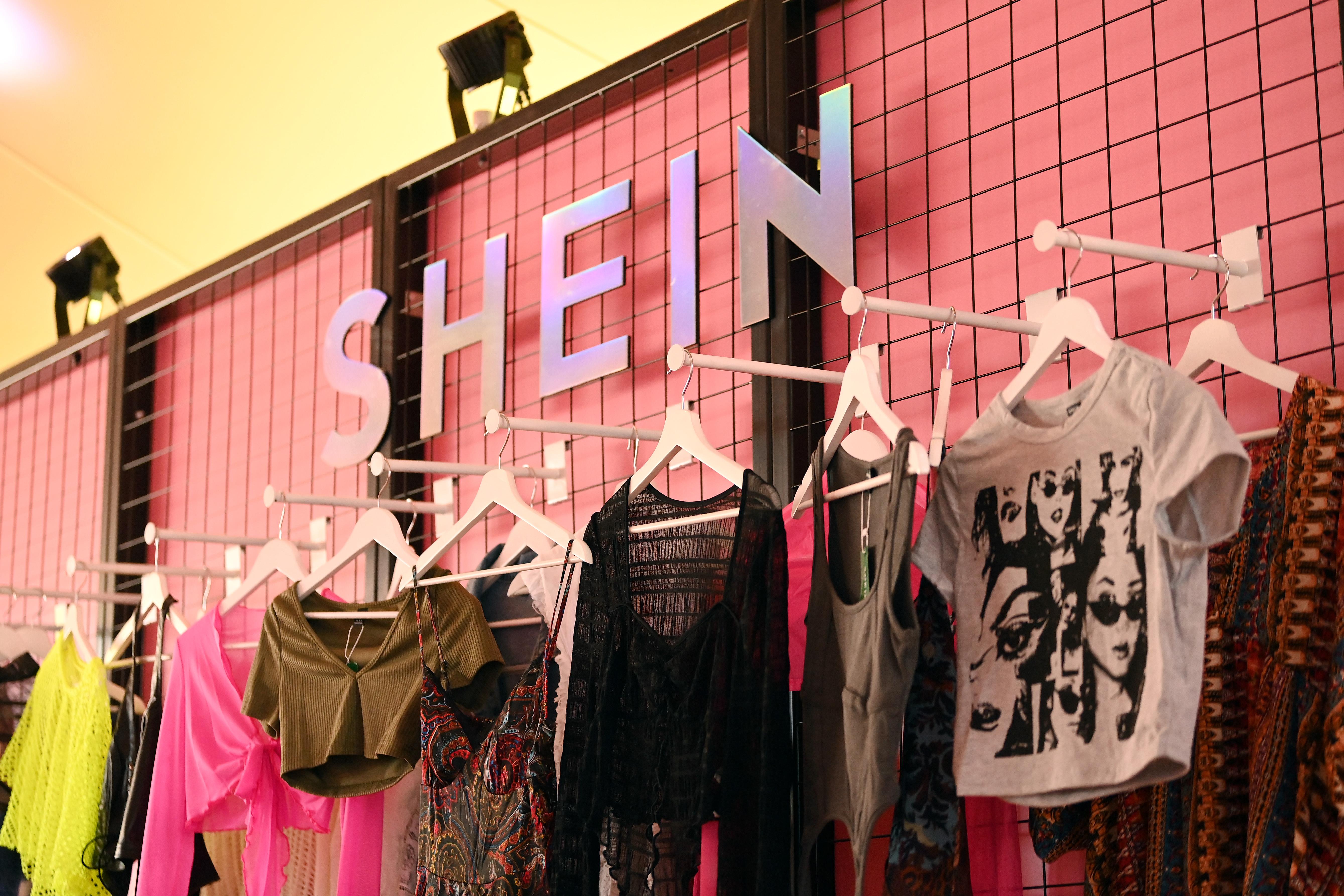Shein, the fast fashion giant known for its trendy and affordable clothing, has recently made headlines with its decision to abandon plans for an initial public offering (IPO) in London. Instead, the company is now focusing on a potential listing in Hong Kong. This strategic shift comes in response to a series of regulatory challenges and geopolitical tensions that have complicated Shein’s ambitions to go public.
Founded in China, Shein initially aimed for a listing in New York, seeking to bolster its image as a global player and attract Western investors. However, as the process stalled, the company turned its attention to London, where it received approval from the Financial Conduct Authority (FCA) in March. Despite this progress, Shein faced unexpected delays and a lack of communication from the China Securities Regulatory Commission (CSRC), which is crucial for Chinese firms looking to list offshore. The CSRC’s hesitance has been a significant roadblock, prompting Shein to reconsider its options.

Now, Shein is actively working towards a listing in Hong Kong, with plans to file a draft prospectus with the Hong Kong stock exchange in the coming weeks. The company aims to go public within the year, signaling a renewed commitment to expanding its market presence. This pivot to Hong Kong reflects not only a change in strategy but also the growing importance of the Asian financial hub for Chinese companies seeking to raise capital.

However, Shein’s path to a successful IPO is fraught with challenges. The company has been embroiled in controversies, particularly allegations of forced labor linked to Xinjiang cotton. These accusations have raised ethical concerns and could complicate its public image as it seeks to attract investors. Additionally, an NGO is planning a legal challenge in London, which could further hinder Shein’s efforts to establish itself in the international market.

The geopolitical landscape also plays a significant role in Shein’s IPO plans. Tensions between the United States and China have escalated, leading to increased scrutiny of Chinese companies operating abroad. The recent decision by the U.S. to end the “de minimis” exemption for e-commerce packages from China has added another layer of complexity. This change means that goods valued under $800 will now face a minimum tariff of 30%, which could disrupt Shein’s business model and impact its valuation ahead of the IPO. The European Union is also contemplating similar changes to its duty exemption, which could further affect Shein’s operations in key markets.

In light of these challenges, Shein has already adjusted its valuation for a potential London listing, reducing it to approximately $50 billion, down from $66 billion during a private fundraising round in 2023. This significant cut reflects the uncertainties surrounding its IPO plans and the broader market conditions that could influence investor sentiment.
As Shein navigates these turbulent waters, the company’s ability to adapt to changing regulations and public perceptions will be crucial. The shift from a London IPO to a Hong Kong listing underscores the dynamic nature of the global financial landscape, particularly for companies with roots in China. Investors and industry observers will be closely watching Shein’s next moves, as the outcome of its IPO journey could have far-reaching implications for the fast fashion industry and the broader market for Chinese companies seeking to go public.
In summary, Shein’s decision to pivot from a London IPO to a Hong Kong listing highlights the complexities of operating in today’s interconnected world. Regulatory hurdles, ethical concerns, and geopolitical tensions are all factors that the company must navigate as it seeks to establish itself as a leader in the fast fashion sector. With plans to file a draft prospectus soon, Shein is poised to take the next step in its journey, but the road ahead remains uncertain.












